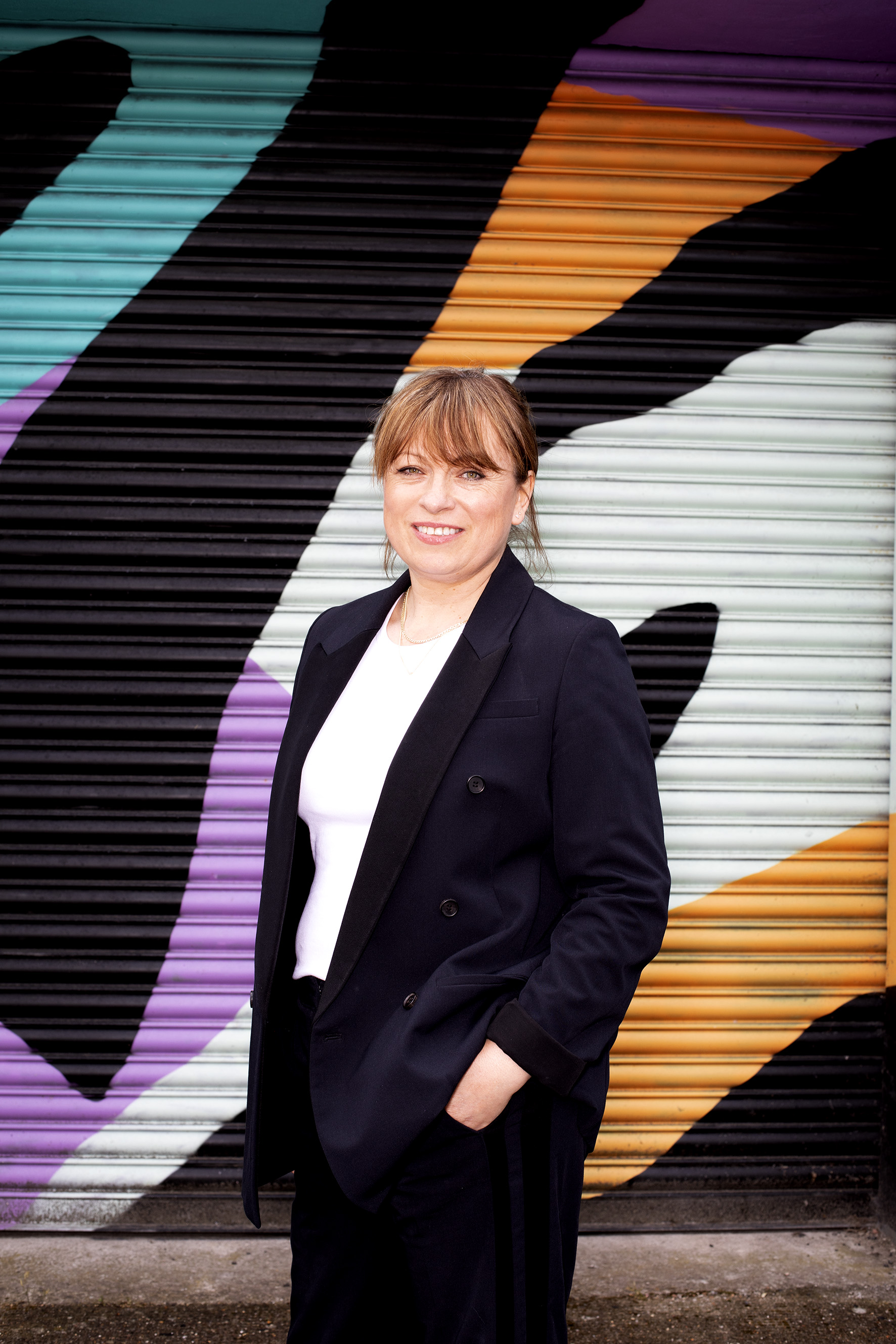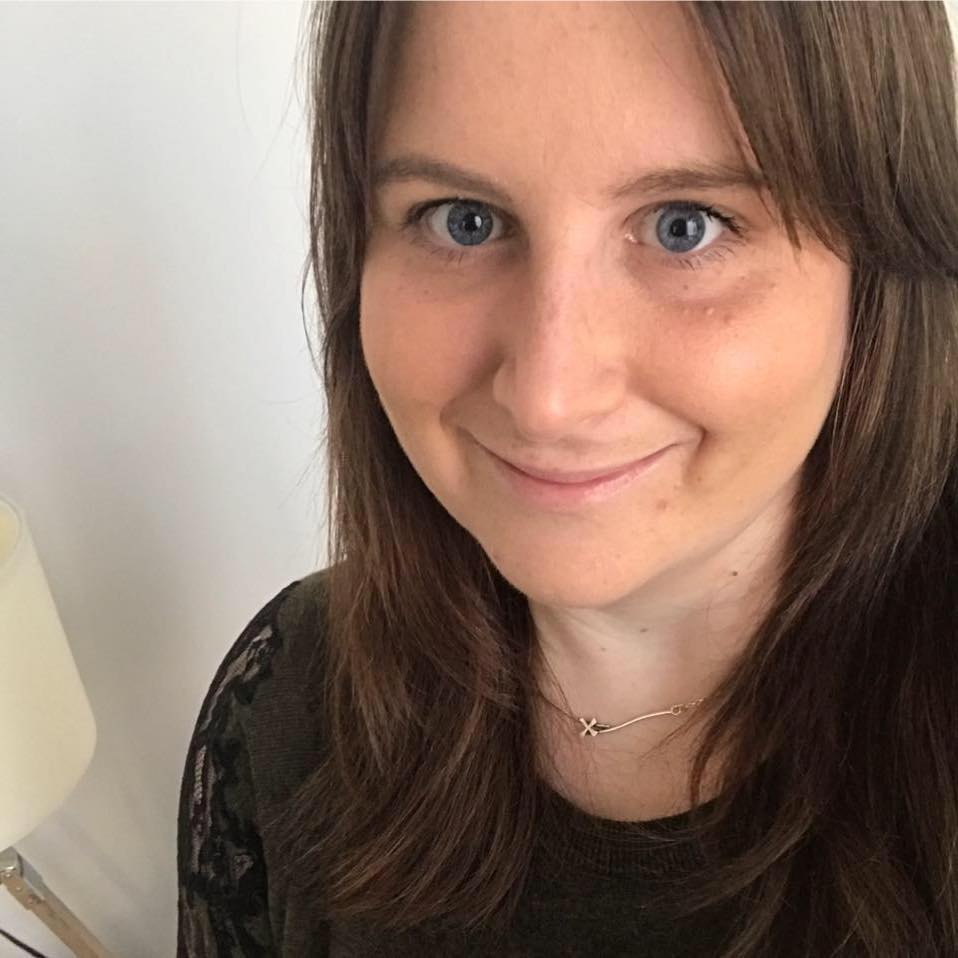
Developing and communicating your social enterprise brand
Tools & Resources
Key learnings
- Social enterprises need to be clear about the change they are making in the world and why it's needed.
- As a social enterprise, your vision may be clear to you, but you need to dig deeper and identify all the questions you need to answer to achieve this.
- When communicating your vision, think about engaging those people who care deeply about your cause to turn them into advocates for your enterprise.
- Case studies are help communicate the impact you’re making – but back this up with real facts and figures.
As a social entrepreneur, you are driven to make a positive difference, but how do you get your vision out there so that you can impact those who need it most? Here, we ask Executive Leadership Coach and Consultant Louise Graham, and creative communications specialist and Founder of O.agency Kari Owers, to share their own knowledge and experience when it comes to building strong foundations for compelling communications.
What makes a strong vision and mission statement? Does this differ when it comes to a social enterprise?
Louise: A strong vision statement is a clear purpose (the future created by the organisation) and the mission statement is a statement that describes what the organisation is doing now to serve its bigger purpose. Most social entrepreneurs go wrong because they confuse their vision statement and end up writing a mission statement. This leads them to focus on the solution rather than the purpose. When an organisation's purpose is refined, focuses become clearer and decisions are easier and smarter. Everything your organisation does should serve this purpose. Don't ask yourself, ‘should we invest in Instagram?’, ask yourself, ‘How does Instagram serve our purpose?’.
"If you don't know your purpose, you can't ask the right questions, and this is when social entrepreneurs can lose focus and impact. "
Louise GrahamKari: The one thing we see when we work on communication strategies with founders, CEOs and leaders is that they can quite often find it hard to articulate their vision and mission statements. At O.agency, we like to have the leaders in the room and people from all levels of the business so we can peel away the layers to get to the heart of what the vision and mission actually is, and what makes the business or organisation different. We also ask clients what impact they want to make. For a corporate, that might be a difficult question. But if you're in a social enterprise, you should be able to answer that instantly and with passion. You then have to go deeper and ask yourselves what values and behaviours you want your team to display and how you want your customer to feel when they're dealing with you?
What tips can you offer social entrepreneurs to develop strong impact-led brands?
Louise: I like to break this down into four key areas. Firstly, become clearer in your thinking. As Jim Collins says in his book, Good to Great and the Social Sectors, "Clear thinking lies at the heart of good to great”. Secondly, clarity begins with the focus and quality of your questions. Ask yourself ‘if X is the answer, what is the question? For example, if a refugee employment programme is the answer, what is the question? If a future where enterprising people are transforming our world for good is the answer, what is the question? The third thing to look at is does your vision dare to be different? A good example is Tony’s Chocolonely’s vision: ‘100% slave-free chocolate world-wide’. Lastly, have a theory of change. You need to have a clear purpose and reverse engineer from this. Don't start with what you're doing; start with the bold, courageous change you want to make in the world and ask yourself ‘what's needed to serve it?’ One of the ways Tony’s Chocolonely achieves its vision is by teaching other chocolate manufacturers about its slave-free supply process.
What are the best opportunities/channels to communicate your social enterprise brands?
Kari: Social enterprise brands need to start with their true fans. Most of the charities and social enterprises I’ve worked with in my career have a cohort of really strong advocates from the get-go. These are people who really believe passionately in the cause. Harnessing those advocates and utilising them as a marketing tool is really a good place to start. By building a community around your brand with real advocates of your cause through social channels, they can become the torchbearers for your social enterprise. Which social channel entirely depends on who your customer is. Channels such as LinkedIn are better for business-to-business, whereas TikTok is more consumer facing. Once you know who you want to engage with, there’s loads of research and data out there as to which platform is best for you. It's also important to think about providing a variety of messaging. Video is becoming more powerful on social channels, as are podcasts, which are increasingly easy to produce.
How can social enterprises distinguish themselves from CSR-led activities?
Louise: CSR is a collective moral (a set of moral standards and behaviours that add positively to society), whereas social enterprise is more strategic than that - it's about creating change, influencing systems, and making something better for others. Social enterprises need to be very clear about the change they are making in the world and why it's needed. Again, it’s all about having a strong purpose.
What should you consider when crafting messages to appeal to multiple stakeholders?
Kari: It’s a good idea to create a stakeholder map to identify the layers of stakeholders that you want to talk to. From there, you can identify what their drivers are to engage with your organisation and differentiate the messages to address their specific pain points. Sometimes, that might just be a very subtle wording change or sometimes it’s a different message. But all your communications should be overlaid by your brand promise that is derived from your organisation’s vision.
Louise: Your purpose should straddle all stakeholders’ communications and there will be some language that is universal when describing your organisation. But also understand your stakeholders and identify what matters to them most. For example, ask yourself what matters most to your volunteers? If you find it’s their belief that this is the best use of their free time, you may want to reward volunteers for time served and adapt your communications accordingly.
Is storytelling important for a social enterprise?
Kari: Storytelling is all about being authentic and is important because good authentic storytelling from an organisation creates an emotional connection with the people that they are trying to reach. Social enterprises have a real advantage when it comes to storytelling because they genuinely have a really powerful story to tell.
"A social entrepreneur wants to make a difference in the world; that’s a great story to tell in their communications. "
Kari Owers
What are the ingredients for a compelling case study?
Louise: True impact and a strong purpose. To understand impact, start by understanding your purpose and ask yourself what high-level outcomes are needed to serve this, what mid-term level outcomes are needed to create the high-level outcomes, and what strategies and interventions are needed to create intermediate outcomes? When presenting case studies, talk about purpose, outcomes (intermediate and high-level), and the impact that's being made in bringing these outcomes to life.
Kari: Case studies are only really powerful when you can see the impact. When you're setting out to create a case study, you need to focus on what that end user got from the partnership or got from that piece of work and drill into the hard numbers and results. If the results haven’t been reached yet, wait until they have. It’s a lot more powerful to provide proof of the impact, rather than the promise of it.


An experienced social entrepreneur and the Founding Director of The Glasgow Basket Brigade CIC, Louise Graham also supports social entrepreneurs one-to-one and through accelerator programmes in her role as a Personal, Executive and Leadership Coach and Consultant. Her powerful Breakthrough Process helps clients to think clearer and make smarter decisions for themselves and their organisation.
O.agency is a creative communications agency founded by Kari Owers in 2005. Starting life as a PR agency, it has since grown to incorporate all aspects of communications. The team does a lot of strategy work with clients across a broad range of sectors including social enterprise, helping organisations to understand and differentiate themselves, cut through the noise and measure what works.
Next steps...
- This interview features in the Social Entrepreneur Index 2022 digital publication.
- Social media is one of the cheapest and easiest ways to communicate your vision. For more advice on getting started, check out UMi Sat Nav’s Top tips to boost your social media engagement.